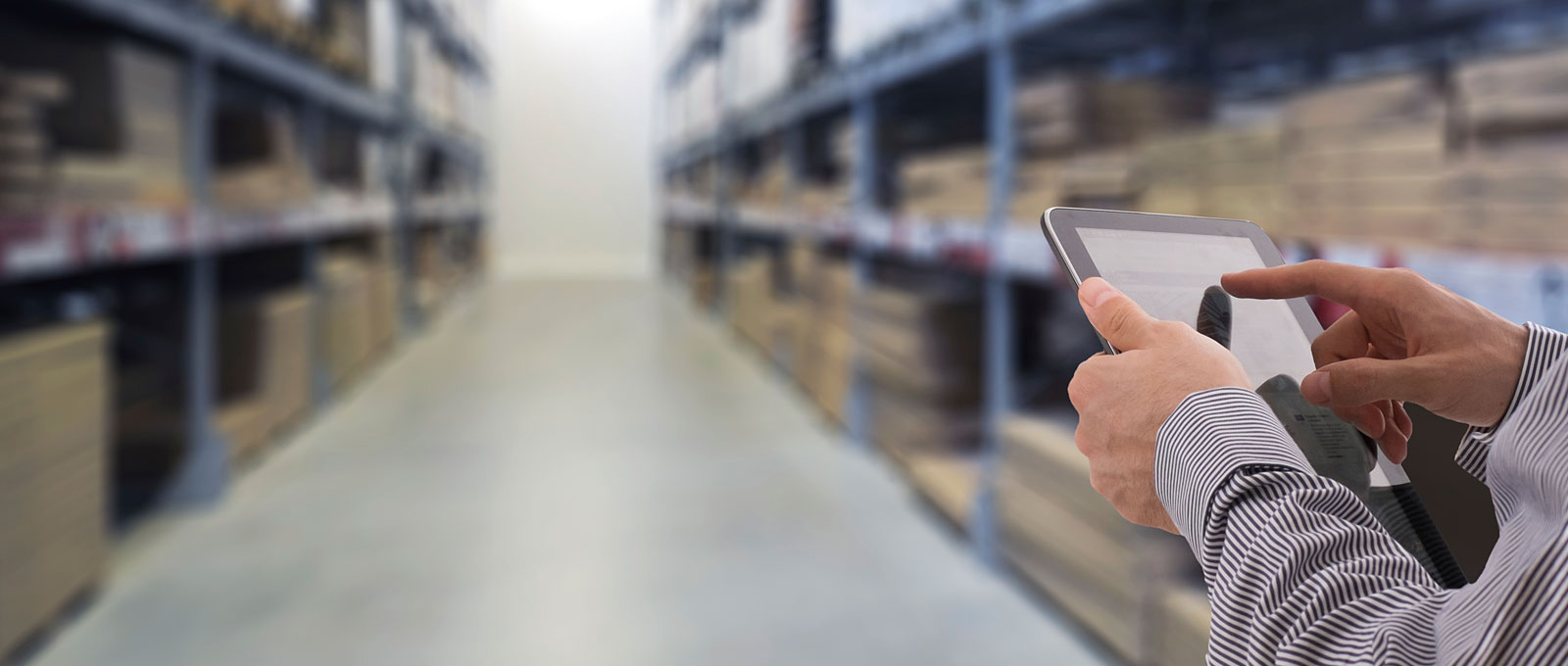 Web Content Viewer
Web Content Viewer
Joe Scioscia
Joe Scioscia
Vice President of Sales
Vice President of Sales
3 Ways Technology Supports Innovation for Manufacturers in the Food and Beverage Industry
Technology has become the driving force behind the increased pace of business, with companies today facing the “keep up or be left behind” reality. The world of food is especially influenced by this continuously changing and fast-moving, technologically advanced landscape. Food and beverage companies must handle the challenges, that shape the industry and as such, they look to innovation to remain relevant and compliant. In a competitive environment with fickle regulatory conditions, food and beverage manufacturers need to rely upon technology solutions that will support them not just today, but well into the future.
Four Technologies to Help Retailers Survive and Thrive in the Digital Age
The use of technology has significantly changed shopping habits, as consumers today no longer need to visit a store to make their purchase; now they can use tools such as, laptops, tablets and smart phones to order everything they desire, all with a click of a button. However, as digital interactions become more common, retailers must be creative when it comes to merging the gap between in-store and online purchases. Although change can be terrifying, with this new age brings new opportunities, which every smart retailer must take advantage of in order to remain competitive.
Are you using your Customer Relationship Management (CRM) technology to its full potential?
Customer Relationship Management (CRM) refers to the practice and strategies that companies take to manage and analyze customer interactions, while improving relationships through a customer’s lifecycle. Business leaders are more likely to have integrated their Enterprise Resource Planning (ERP) solutions with Customer Relationship Management (CRM). This tactic is intended to provide support to customer interactions and ultimately increase revenue. Unfortunately, some businesses fail to use CRM technology to its full potential, which can ultimately hamper customer service, reduce sales, and affect customer relationships
Advanced, Automated Technology Solutions Deliver Greener Warehouse Operations
Smart, efficient, accurate and green – these are the attributes of the modern warehouse. Best-in-class manufacturers and distributors understand that today’s economic climate requires the ability to respond to market conditions quickly and effectively. In addition, as public scrutiny continues to put pressure on companies to become better environmental stewards, technology serves the dual purpose of helping firms to save money and to reduce their environmental impact.
Outdated ERP? 3 Signs That Tell You It’s Time To Upgrade
Your Enterprise Resource Planning (ERP) solution is the backbone of your business. An ERP solution provides visibility to decision-makers, and encourages efficiency and collaboration. Organizations that do not upgrade their ERP may miss out on new technology that could significantly improve their business because the system they have in place today may not be meeting their needs, or may not be able to support the growth and innovation that is key to the organization’s future success. An outdated ERP solution can thwart a company’s success, and ultimately lead to organizational failure.
Steps to Success –What You Can Do to Increase Quality and Food Safety Compliance
Successful food and beverage manufacturers should commit to providing quality, consistent, and safe products. To remain competitive in the Food and Beverage industry, manufacturers need to proactively manage compliance in a constantly demanding and continuously changing regulatory environment. If your ERP is designed for the food industry, chances are, being food safety compliant and managing recalls will be easier for you. The food industry is unique in many ways; Inventory management, lot and date tracking, quality control and recall reporting are critical. A good Food ERP system should be specifically designed to meet these requirements and help processors cope with the challenges of FSMA by automating and integrating the business process across the organization.
By using this site you agree to our Privacy Policy and our Terms of Use.
120 Comac Street
Ronkonkoma, NY 11779
Ronkonkoma, NY 11779






 | Vormittag Associates, Inc. ©2025 |
| Vormittag Associates, Inc. ©2025 |